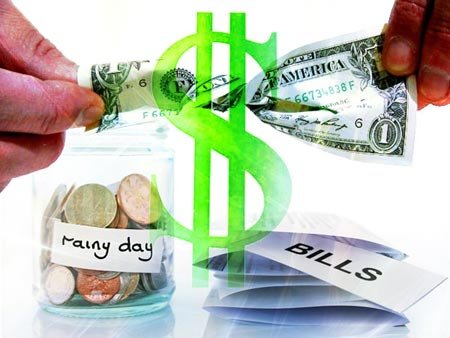RISE OF THE ‘HOLIDAY CASH MULE’
Published by Gbaf News
Posted on July 8, 2016
4 min readLast updated: January 22, 2026

Published by Gbaf News
Posted on July 8, 2016
4 min readLast updated: January 22, 2026

Concerns over access to money overseas are causing many holidaymakers to stockpile far more foreign currency than they need. The trip to the local Post Office or bank to ‘stock up’ ahead of departure is a tradition which could be costing many of us money in wasted fees whilst making usserious targets for theft.
According to research undertaken on behalf of global money transfer firm Xpress Money, the average British tourist takes up to 40% more cash with them than they intend to spend.
Many tourists still rely on cash for a large proportion of their transactions when overseas and are concerned about access to money during their trip. This is despite the growing popularity of money transfer services and mobile banking.
“In the past decade, technology has transformed the way we manage our finances. However, when it comes to holidays, many people take a squirrel like approach, travelling with huge sums.” said Sudhesh Giriyan, COO of Xpress Money. “While carrying cash is often a convenient option, carrying large amounts of money around can make you vulnerable to theft or loss.”
In a separate study, over 82% of travellers admitted to buying items at the airport for the sole purpose of using up foreign currency and 78% claimed to have foreign currency that had been sitting at home for more than 12 months.
“Taking unnecessary cash with you abroad can also leave you short-changed,” Sudhesh Giriyan added. “Travelers pay commission when buying foreign currency at the start of their trip and then end up paying again to convert it back into Sterling when they get home. By using the technology that’s available and planning ahead, you can get more from your money.”
Xpress Money has developed their top five tips for looking after your money when travelling overseas this Summer:
Users of the XOPO app can transfer funds anywhere worldwide from their mobile device using popular social networks. Importantly, users of the app can also request money which can be collected in a physical High Street location or added to a mobile wallet within minutes.
XOPO does not send money using the Facebook network; it only allows you to pick a contact from Facebook or other social channels of your choice. The money transfer actually happens through Xpress Money’s secure payment channels using a tokenised link. In short, there is no actual physical money being transferred on XOPO and there is no financial or personal information being shared on the system.
Explore more articles in the Finance category
